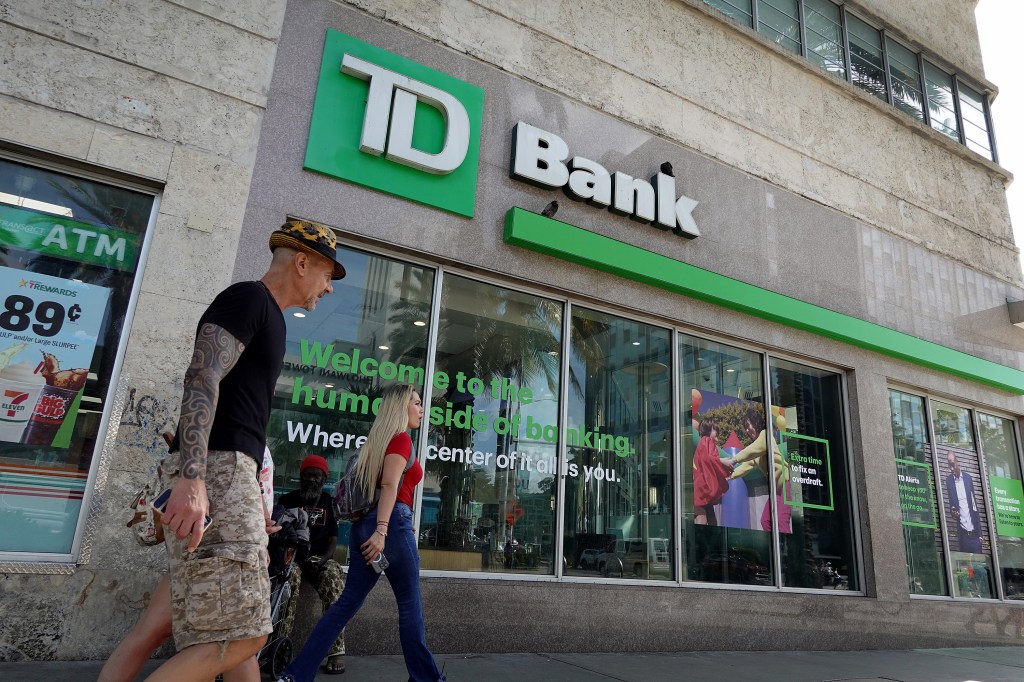The UK has set out its vision for the future of cryptoassets, publishing draft legislation aimed at fostering innovation while simultaneously bolstering consumer protection. Announced during UK Fintech Week at a major summit in London, the new rules signal a significant step towards integrating the burgeoning crypto industry within the
Register for free to keep reading
To continue reading this article and unlock full access to GRIP, register now. You’ll enjoy free access to all content until our subscription service launches in early 2026.
- Unlimited access to industry insights
- Stay on top of key rules and regulatory changes with our Rules Navigator
- Ad-free experience with no distractions
- Regular podcasts from trusted external experts
- Fresh compliance and regulatory content every day













